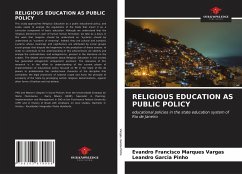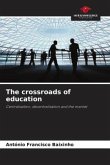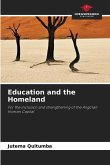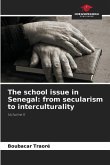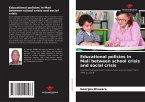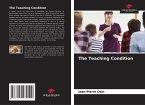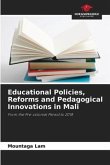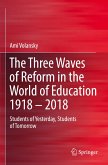This study approaches Religious Education as a public educational policy, and seeks seeks to analyze the regulations of the State that insert it as a curricular component of basic education. Although we understand that the religious dimension is part of human human formation, we take as a basis in this work that religions should be understood as "systems should be understood as "systems of meaning". Indeed, they are cultural and symbolic systems whose meanings and significance are attributed by social groups social groups that dispute the hegemony in the production of these senses. In order to contribute to the understanding of this phenomenon we identify and analyze the contradictions and antagonisms, present in the literature on the subject. The debate and mobilization about Religious Education in civil society has generated antagonistic antagonistic positions. The relevance of this research is in the effort to understanding of the current phase of implementation of educationalpolicy focused on RE in the State of Rio de Janeiro to problematize the confessional character of the discipline that contradicts the legal provisions of national scope and hurts the principle of secularity of the State by privileging certain religious denominations, against other forms of believe and not believe.

